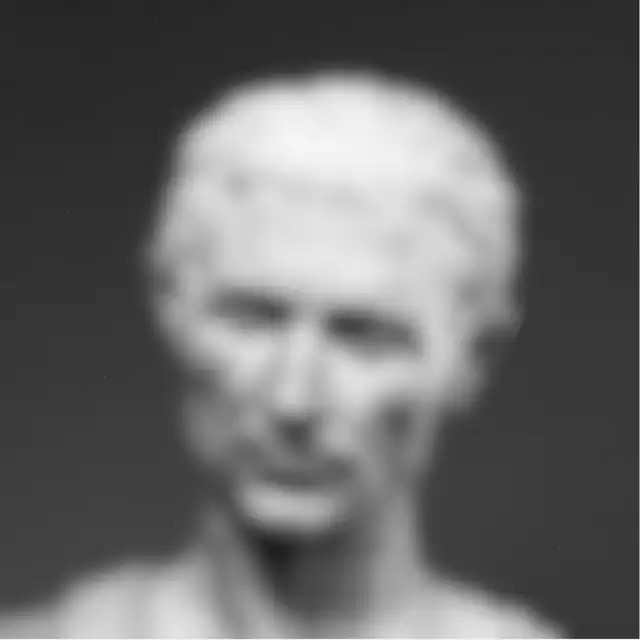
July
@july
1366 Following
130177 Followers
12 replies
4 recasts
110 reactions
1 reply
4 recasts
21 reactions
10 replies
2 recasts
42 reactions
1 reply
3 recasts
19 reactions
3 replies
2 recasts
19 reactions
7 replies
3 recasts
46 reactions
4 replies
0 recast
22 reactions
6 replies
2 recasts
46 reactions
3 replies
3 recasts
23 reactions